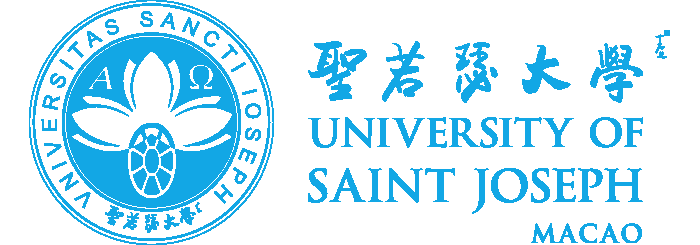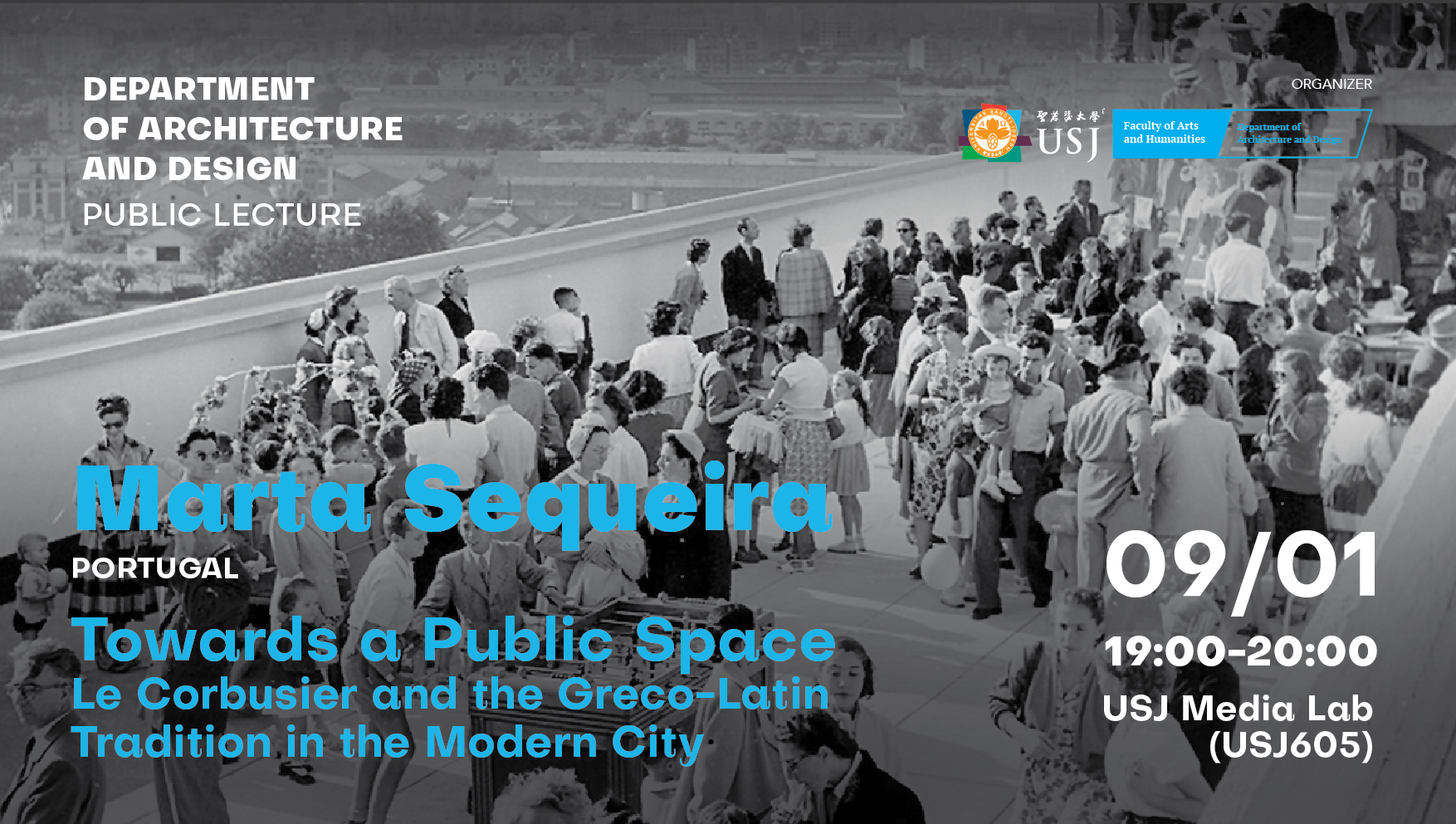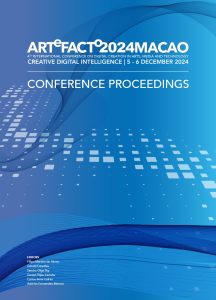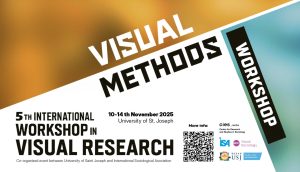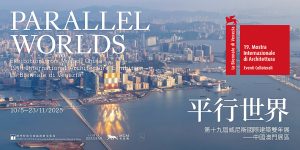About the Talk:
Le Corbusier is renowned for his architectural achievements, which have been the subject of extensive scholarly analysis. This lecture, however, focuses on a less explored dimension of his work: his contributions to urban planning. It is commonly assumed that the public spaces in Le Corbusier’s urban plans represent a radical departure from historical precedents, bearing no connection to the traditions of pre-modernist public spaces. This perception stems partly from the ground-breaking nature of his proposals and partly from the modernist rhetoric prevalent in his manifestos, exemplified by phrases such as l’esprit nouveau (“new spirit”) and l’architecture de demain (“architecture of tomorrow”), which seem to reject the past outright. Yet, if we set aside these preconceived notions—rooted in a somewhat simplistic interpretation of modernity—we uncover a different narrative. Far from severing ties with the historical continuum, Le Corbusier’s public spaces reveal a deep engagement with the enduring traditions of human creation. Rather than representing a rupture, his work testifies to the persistence of cultural and spatial continuity across time. This lecture seeks to demonstrate this perspective through a detailed analysis of two public spaces designed by Le Corbusier in the immediate post-World War II period, revealing how his designs, while innovative, also echo and reinterpret the Greco-Latin heritage in a modern context.
About the Speaker:
Marta Sequeira (Lisbon, 1977) holds a degree in Architecture from the Technical University of Lisbon (2001) and a PhD from the Technical School of Architecture of Barcelona (2008). While delivering lectures and workshops across Europe, the Americas, and Asia, she has taught at various institutions, including the University of Évora, where she was Head of the Department of Architecture, and the Faculty of Architecture at the University of Lisbon. Currently, she is an Associate Professor at ISCTE-IUL, coordinating the International Relations of the Department of Architecture and Urbanism, and at the Autonomous University of Lisbon, where she created and directs the PhD Programme in Contemporary Architecture, and a Visiting Professor at University of Saint Joseph.
Marta Sequeira has curated internationally recognised exhibitions, including Carrilho da Graça: Lisbon (2015–2018), Flashback / Carrilho da Graça (2022), and Living in Lisbon (2023–2024), with catalogues earning awards such as the Ibero-American Architecture Biennale Publication Prize (2024) and an Honourable Mention from the International Committee of Architecture Critics (2017). She has published numerous books and essays in Portugal, Spain, Italy, the United Kingdom, Germany, Lithuania, Colombia, Brazil, Argentina, and the United States. Her book Towards a Public Space (Routledge), received the Prix de la Recherche Patiente (2016), awarded by the Le Corbusier Foundation. Her research accolades include the Textos Universitários de Ciências Sociais e Humanas award (2009), the ICAR-CORA Prize for the Best Doctoral Thesis (2011), and she was a finalist for the Fernando Távora Prize (2013–2014 and 2014–2015) and the FAD Thought and Criticism Prize (2019). A publication she co-authored received the Publication Prize of the XI Ibero-American Architecture and Urbanism Biennale (2019), and another received the FAD Thought and Criticism Prize (2018). Her professional work has also garnered significant recognition, including the AZ Award of Merit (2019), and finalist spots for the FAD Prize (2018 and 2019) and the BigMat International Architecture Award (2019), as well as being shortlisted for the Dezeen Award (2019). Her projects have been featured at Open House Porto (2017) and Habitar Portugal (2013–2017).
Details:
Date: Thursday, 9 January 2025
Time: 7:00 p.m. – 8:00 p.m (Macao)
Location: Media Lab (USJ605), USJ Ilha Verde Campus
Organised by: Department of Architecture and Design – Faculty of Arts and Humanities
Moderated by: Prof. Nuno Soares, Head of the Department of Architecture and Design
Contact: nuno.soares@usj.edu.mo
*Free event, open to the general public
